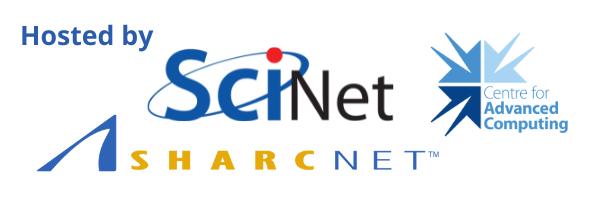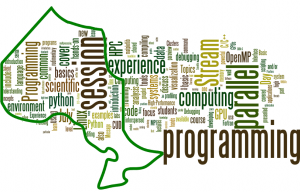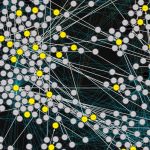2024 Compute Ontario Summer School
May 16, 2024 in blog, for_researchers, for_users, frontpage, news, Training, Uncategorized
Empower your Research: Expand Your Knowledge
We are excited to announce that registration is now open for the highly anticipated 2024 Compute Ontario Summer School!
Jointly organized by the Centre for Advanced Computing, SciNet, SHARCNET, and in collaboration with the Alliance and RDM experts from across Ontario and Canada, this virtual event promises to be an enriching experience for all participants.
Taking place from June 3 to June 21, the Compute Ontario Summer School offers a comprehensive curriculum packed with 40 courses. Delivered by experts in the field, these sessions cover a wide range of topics including Advanced Research Computing (ARC), High Performance Computing (HPC), Research Data Management (RDM), and Research Software (RS). With presentations and workshops available at introductory to intermediate levels, there is something for everyone.
Highlights of the Summer School:
- It’s free!
- All courses delivered online
- Pick-and-choose the course(s) you want to attend
- Many courses include a hands-on component
- Courses range in length from 1.5 hours to three days
- Course levels range from beginner to intermediate
- Topics covered include: AI, machine learning, bioinformatics, GPU programming, advanced research computing basics, high-performance computing tools, programming languages, visualization, research data management, and more.
Please note that space is limited, so we encourage you to register for your desired course(s) as soon as possible in order to avoid missing out.
To register and learn more about the Compute Ontario Summer School, please visit our dedicated registration page.













